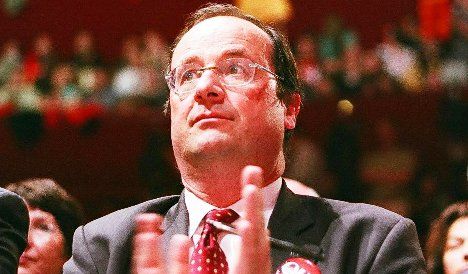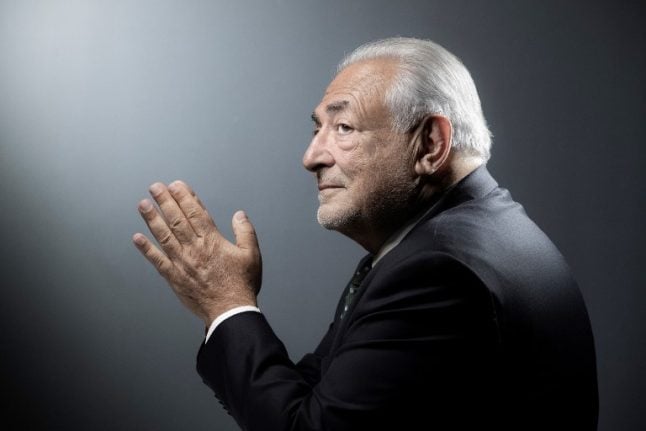Hollande spoke to reporters as he arrived at police quarters, confirming he was there for questioning after publicly demanding to get his testimony over with in the case which has tainted the 2012 presidential election race.
He reiterated that he was not implicated and wished to be questioned in order to head off political machinations linked to the case, telling reporters it is “an affair that does not concern me”.
Hollande is one of around 10 people whom French writer Tristane Banon and her mother Anne Mansouret say they told about the alleged attempted rape of Banon in 2003. He has denied having any detailed knowledge of it.
“I will not accept that an affair which is nothing to do with me or the Socialist Party, be manipulated for political ends,” Hollande said late Friday.
“I ask for this to stop. That’s enough!”
Strauss-Kahn was already facing separate attempted rape charges in New York before Banon brought her legal action. The scandal deepened Wednesday after Banon’s mother revealed she had herself previously had sex with him.
Mansouret, an elected official in Strauss-Kahn’s Socialist party, was quoted by several French media talking of a sexual encounter with Strauss-Kahn in 2000 in an office of the OECD economic body where he worked at the time.
Banon accuses Strauss-Kahn of trying to rape her in 2003 as she tried to interview him for a book. Mansouret has said she discouraged her daughter from bringing charges for fear Banon’s journalism career would suffer.
Strauss-Kahn has dismissed the alleged attack as “imaginary”.
He is in New York pending charges of sexually assaulting and trying to rape a hotel maid there. Prosecutors have admitted doubts about his accuser in that case, raising the prospect that the charges could be dropped.
But that case has already derailed the electoral hopes of Strauss-Kahn, previously favourite to beat President Nicolas Sarkozy to the presidency next year. Hollande now polls as one of those most likely to win.



 Please whitelist us to continue reading.
Please whitelist us to continue reading.
Member comments